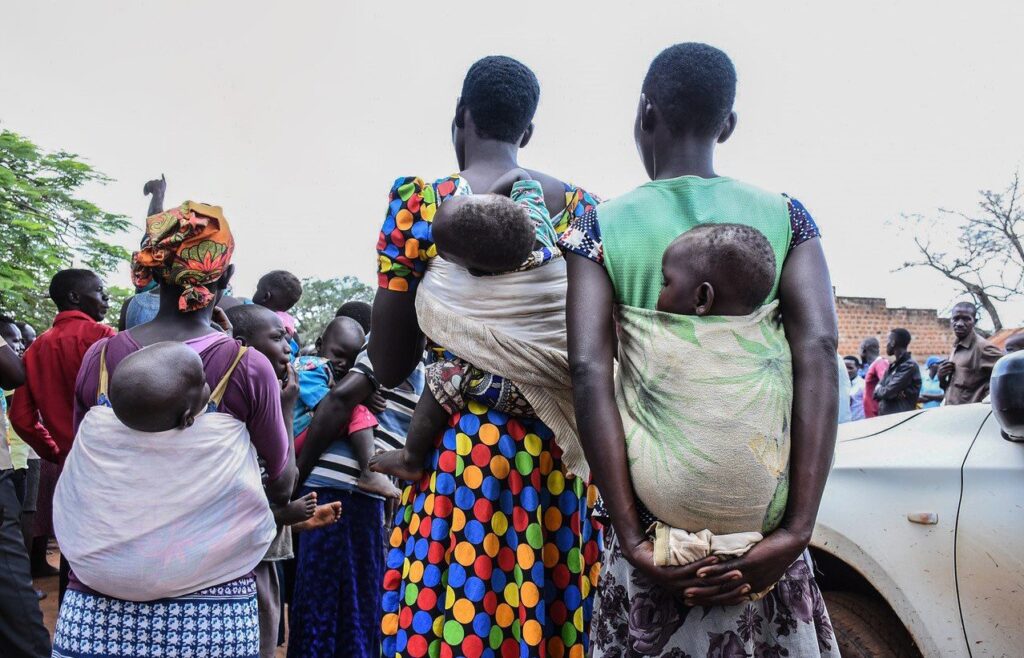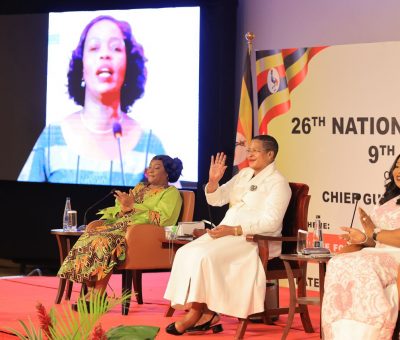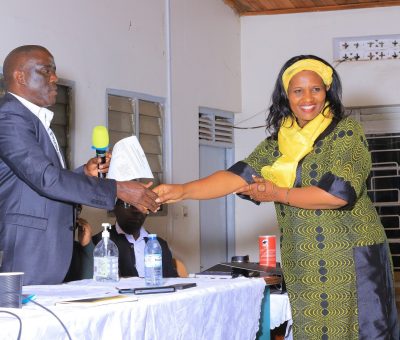
Masindi: Rise in teenage pregnancies worries leaders
Statistics indicate that in Uganda, one in four (25 percent) girls aged 15-19 years have had a child or are pregnant.
In Labongo sub-county, Masindi District, leaders say the rise in teenage pregnancies, particularly among school-going girls is alarming since it is causing young girls to drop out of school, threatening their prospects.
Statistics from Kilanyi Health Centre II reveal that 78 girls under the age of 18 gave birth between July and December last year. The situation has worsened in 2024, with 85 girls under 18 giving birth between January and September alone.
Economic hardship is one of the primary drivers of teenage pregnancy. Many families in Masindi struggle financially, leading some girls to engage in relationships with older men for financial support. This situation, often termed “transactional sex,” increases their risk of early pregnancy.
Many adolescents also lack adequate knowledge about sexual and reproductive health due to limited education on these topics in schools and cultural reluctance to discuss them. Without information about contraception and safe sexual practices, teenage girls are more likely to engage in unprotected sex.
Traditional norms and practices in Masindi often encourage early marriage and childbearing. Some families view early pregnancy as a pathway to marriage and social stability for young girls. This is exacerbated by societal expectations that place a high value on female fertility.
Many teenagers in Masindi do not have easy access to contraceptives due to cost, availability, or stigma associated with their use. Health services are often located far from rural areas, making it challenging for teenagers to access these resources without support.
James Balikurungi, the Labongo sub-county local council III chairman, attributes the rise in teenage pregnancies to poor parenting and high school dropout rates. He criticizes parents for failing to properly guide their children and allowing them to engage in risky behaviours, such as attending discos.
Wahid Juma Babyesiza, the Labongo sub-county councillor, echoed these concerns and pledged to push for by-laws regulating nightclubs to prevent underage girls from attending.
Sherifah Nabuule, the executive director of Safe Path Mothers, noted that 57% of the mothers giving birth at the facility are teenagers.
While the donation was aimed at supporting these young mothers, Nabuule emphasized the importance of parental guidance.
“We are not encouraging teenage pregnancies by providing these kits, but we recognize the need to support young mothers who have been abandoned. Parents must take their role seriously and counsel their children, especially the girls,” Nabuule said.
The leaders hope that stricter regulations, improved parenting, and community initiatives will help tackle the growing issue of teenage pregnancies in Masindi.
Statistics indicate that in Uganda, one in four (25 percent) girls aged 15-19 years have had a child or are pregnant.
According to the Uganda Demographic Health Survey (UDHS, 2022), teenage pregnancy stagnated at 24%, but increased from 19% to 21% in urban areas.
Recommendations
- Strengthen sexual education: Comprehensive sexual and reproductive health education should be included in school curricula to help teenagers make informed decisions.
- Increase community awareness: Community leaders, religious organizations, and local officials should be involved in awareness campaigns to help reduce stigma and change cultural norms surrounding teenage pregnancy.
- Expand access to health services: Health centres should be expanded and made more accessible, particularly in rural areas, to ensure teenagers can access contraceptives and health information easily.
- Empowerment and support programmes: Teenage mothers need support to continue their education and develop skills for economic independence. Vocational training and counselling programmes can help young mothers improve their prospects.
Tackling teenage pregnancies in Masindi requires a collaborative effort from government bodies, NGOs, community leaders, and families. By addressing the root causes and providing support for teenage mothers, the district can help ensure a better future for its young girls.











